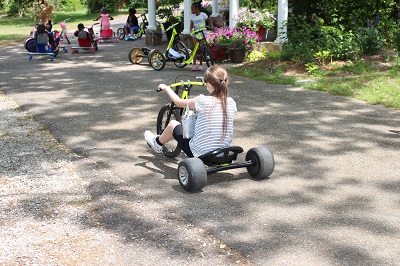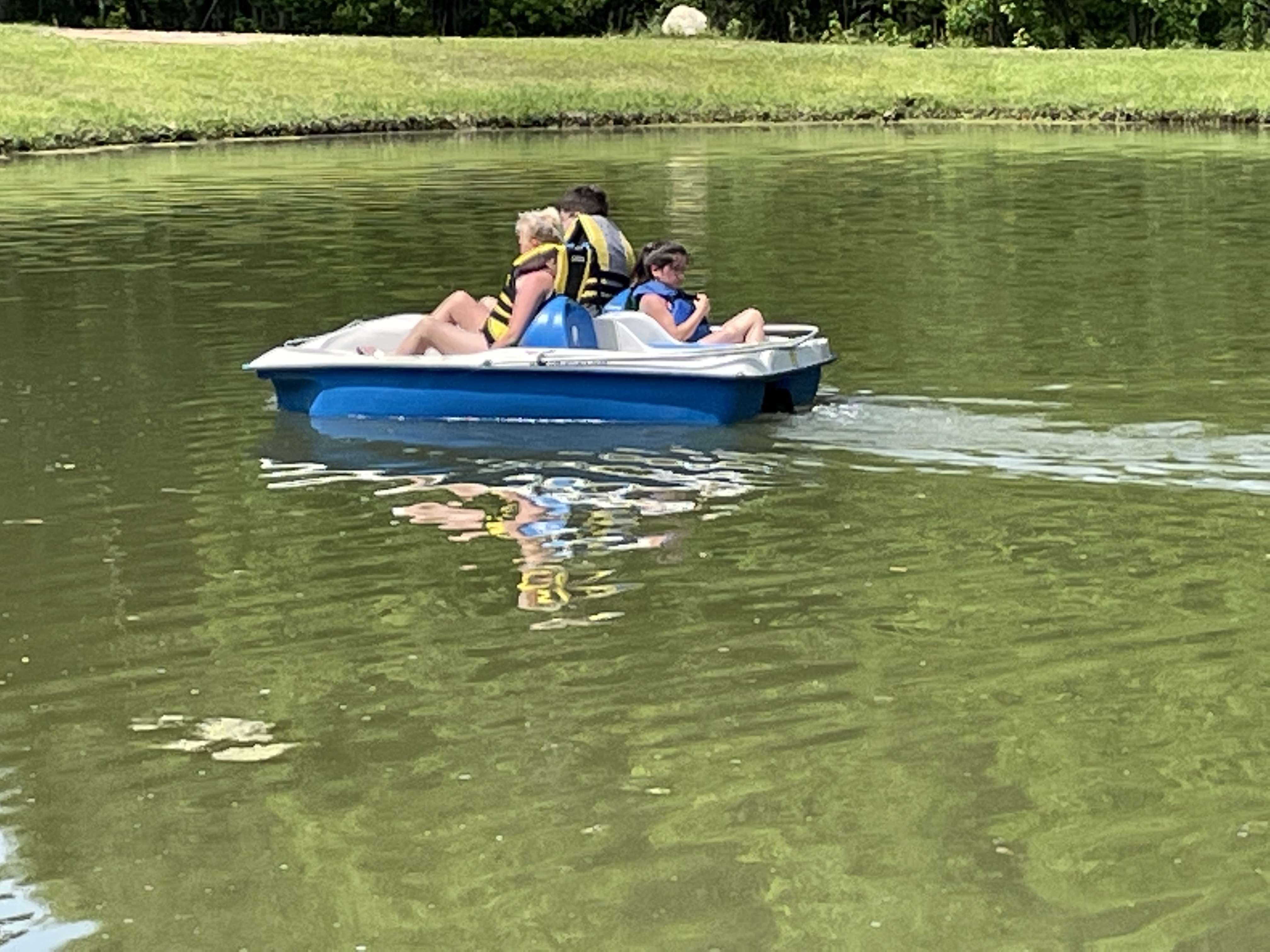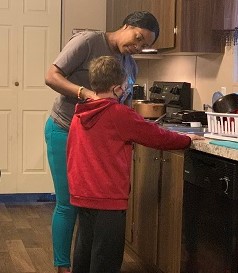During the time spent in foster care, a child will experience many things they might not have previous exposure to, such as extracurricular activities, routine medical exams, and traveling. Which poses the question of whether foster care has the potential to enhance the life of a child and particularly children exposed to trauma.
Extracurricular Activities –
Children participating in extracurricular activities like organized sports, music activities, social clubs, and creative arts can benefit in several areas of development. These children likely have better social skills, less stress, lower rates of obesity, and better overall health. This is why we should offer foster children the opportunities to participate in these valuable activities.
These organizations can provide positive mentorship, a sense of extended family, and a positive outlet to release stress and emotions. There is also the aspect of being a part of a team with common goals that could aid in a child feeling connected and more wanted considering their circumstances.

Bowling is a sport that helps children test their patience and team skills. There are many social benefits to team sports.
Children exposed to trauma often have a history of broken relationships and misplaced social skills. Being in a team sport or organized activity will give them an outlet to participate in a group environment where they are part of a positive effort and contribute to the team and learn to use their voice to be their own advocate.
Routine Medical Exams –
In 2015, an investigation by the Washington Journal exposed the harsh reality that children in foster care systems in New York, California, Illinois, and Texas were not getting the routine medical screenings they were entitled to receive. This highlights a common problem in the foster care system. According to the Foster Child’s Bill of Rights, every child that enters foster care is entitled to a level of care that enhances their well-being, this includes physical. Once they enter the foster care system, children should receive exams within a certain period and be scheduled regularly.
It’s also common for some behavior problems to be misdiagnosed and are issues with the eye, ear, and dental health. While in foster care, children could receive these routine exams, and issues that otherwise would have gone unnoticed could be resolved. Dr. Nadine Burke-Harris’s research explains that a child exposed to early childhood trauma will have long-term health and medical issues.
Using what is called the ACEs score, Adverse Childhood Experience, Dr. Burke-Harris has shown how things like poverty, abuse, neglect, and maternal depression can affect a child’s physical health for the duration of their lives. Continued medical care is pertinent to enhanced quality of life.
Traveling –
We all want to go places, see new things, experience different cultures, and know what’s out there in the world. Children are no different from adults in that aspect. The imagination of a child takes them to wonderous places. We hope that even though some children may have to experience foster care they will still be able to enjoy a quality of life that gives them a true childhood full of positive memories.
Travel is a way to do just that. It doesn’t have to be travel to exotic places like Paris, or Australia, although with the proper authorizations those possibilities are not ruled out. But taking a child to the park is a travel experience. Some children have never been outside of their immediate communities, and some children live in small towns, in situations where they will never know another time zone.
Community Connections –
When you cannot afford to travel by land, sea, or boat, a book will take you to places you can literally only dream of. Children in foster care benefit greatly from experiencing community resources like the library and local community centers. It connects them to a feeling of belonging and community and gives them hope that their situations in foster care are not permanent doom and love and compassion will prevail.
Within the communities, you can locate resources to help with summer programs, SSI benefits, medical equipment needs, and free educational resources. No child in foster care should be disconnected from their community resources.
Giving children enhanced experiences is as simple as teaching them how to shop for groceries to make a fresh salad and telling them how each vegetable and fruit is grown. Maybe showing them the local farmers market and meeting the farmers. Children in foster care should have more awareness of how their community is accessible to them through experiencing it hands-on.
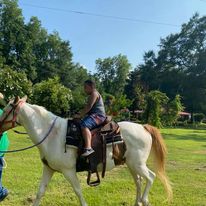
Giving children an experience they’ve never had before is a way to enhance their lives. Animal encounters, travel, and healthy lifestyles are ways to improve quality of life.
Biological Family
One major way to affect the life of a child after foster care is to always keep them connected to their biological family when it is possible. If it is safe to do so and it is in the child’s best interests, always keep children connected to biological family members. This can be parents, siblings, aunts, uncles, or grandparents. Children have a right to know who they are and where they come from, it is not a privilege.

Biological family connections are a right for all children in foster care. Staying connected will increase the success of reunification or adoption.
When children in foster care can remain connected to their biological families they have a greater success rate of reunification, success after adoption, and maintaining healthy lifestyles once they age forward. Many states have free college tuition waivers and additional programs for foster and adopted children. These kids don’t want to be dropped off and forgotten. Keep them connected to wonderful foster and adoptive parents, and their own families.
Hope –
We can rarely change the situations that lead children into care. But we can do a lot to affect the life they will have after foster care by improving the quality of life they have while in foster care. This includes documenting their childhood with photos and keepsakes of the times they achieved things and visited places. This includes documenting memories, good and bad, and keeping up with contacts of the people and places they know.
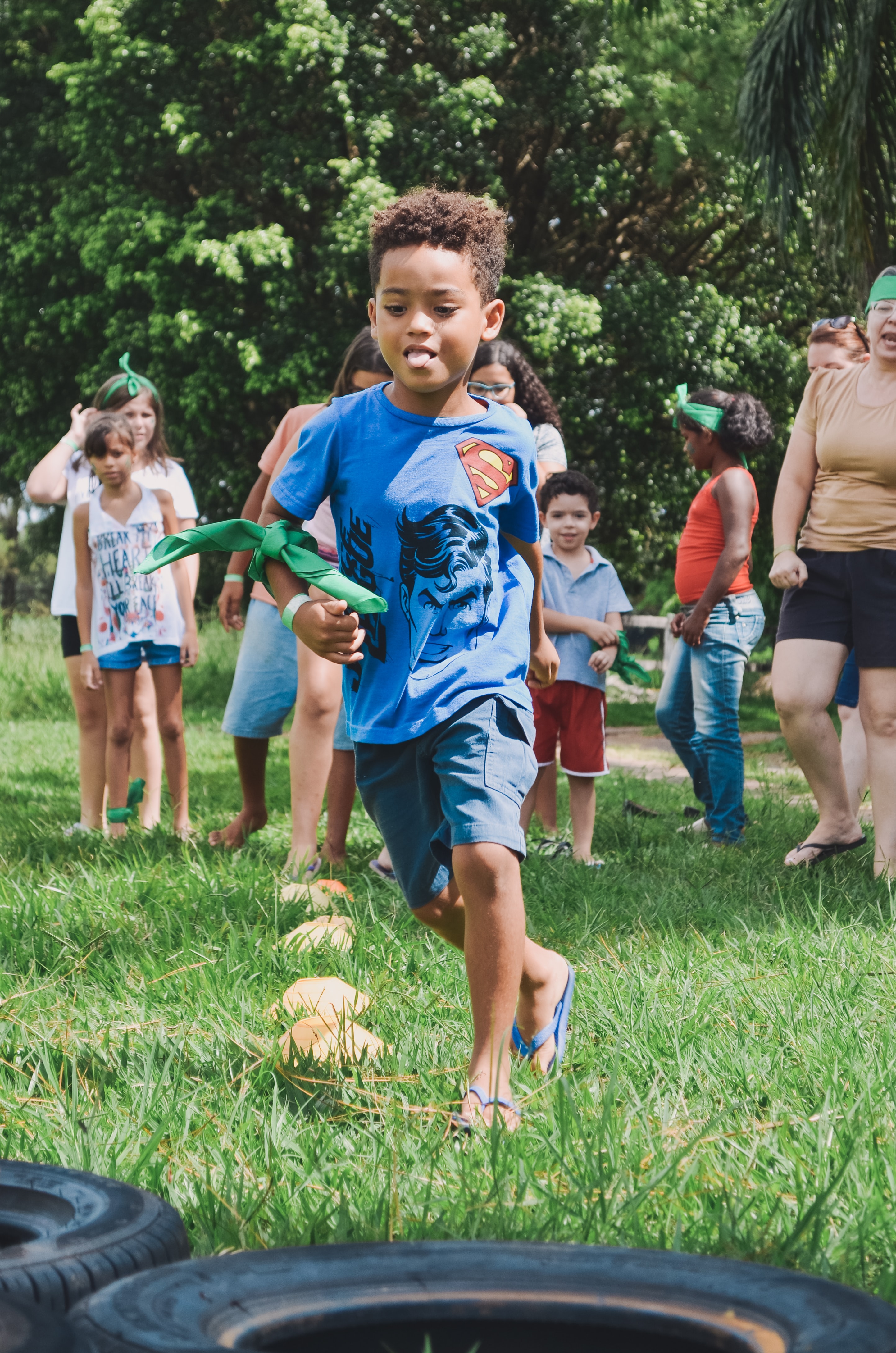
Being in foster care is an opportunity for a child’s quality of life to improve depending on the experiences they have and the care they are given. (Pic by Rafaela Biazi Unsplash)
Children who have experienced previous trauma and foster care deserve to have their quality of life enhanced by those that provide safety, stability, and a continuum of care. Chad Coachman, a Case Manager and Continuous Quality Improvement staff member for Seraaj Family Homes, Inc. said it best, “You can change the world by improving the life of one child.”
Their stories begin long before they come into foster care. But through enhanced services and advocacy, children in foster care can leave the system with life experiences that heal and provide hope for new future. Life is what you make it, for them, life is what we make it. Get active and get involved!

